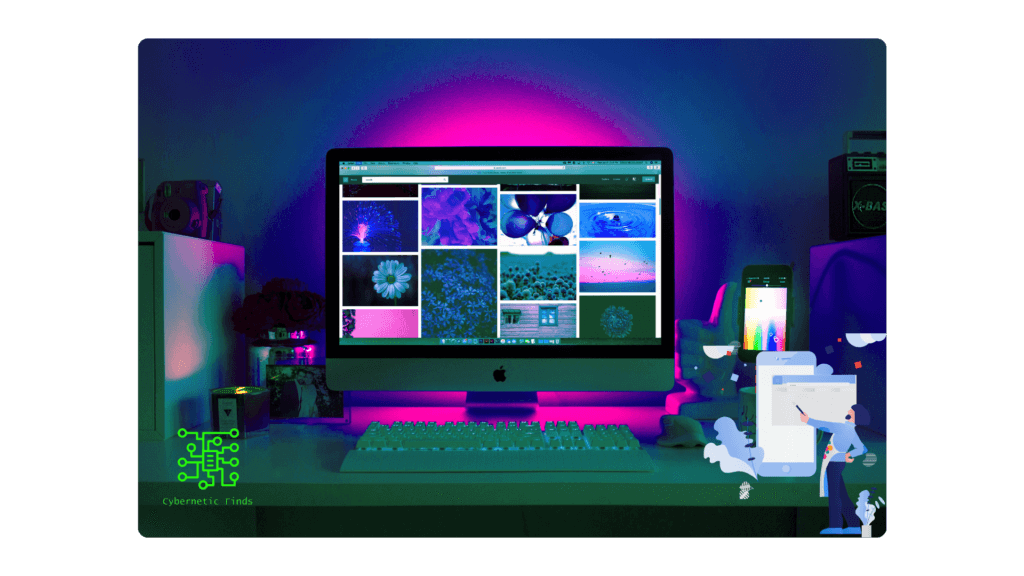In today’s digital age, a professional website is the cornerstone of any successful business. It serves as your virtual storefront, representing your brand, attracting customers, and driving conversions. As a business owner, one of the crucial decisions you’ll face is whether to invest in a professional web designer to build your website or take the DIY route. Let’s delve into the pros and cons to help you make an informed decision.
The Case for Hiring a Web Designer
Expertise and Professionalism: Web designers bring a wealth of expertise to the table. They understand the latest design trends, user experience principles, and coding languages necessary to create a visually appealing and functional website. A professionally designed website reflects positively on your brand, instilling trust and credibility among your target audience.
Customization and Personalization: A web designer can tailor your website to align perfectly with your brand identity and business goals. From color schemes and layouts to interactive elements and functionality, you have the freedom to customize every aspect of your site to create a unique online presence that sets you apart from competitors.
Save Time and Effort: Building a website from scratch requires time, effort, and technical know-how. By outsourcing the task to a web designer, you can focus on running your business while leaving the complexities of web development in capable hands. This allows you to launch your website faster and more efficiently, without the steep learning curve associated with DIY solutions.
Search Engine Optimization (SEO): A professional web designer understands the importance of SEO in driving organic traffic to your website. They can optimize your site structure, meta tags, and content to improve its visibility on search engine results pages (SERPs), helping you attract more qualified leads and potential customers.

The Case for DIY Website Builders
Cost Savings: For budget-conscious business owners, DIY website builders offer an affordable alternative to hiring a professional web designer. With platforms like Wix, Squarespace, and WordPress, you can create a basic website using pre-designed templates and intuitive drag-and-drop tools, eliminating the need for expensive custom development.
Control and Flexibility: DIY website builders empower you to take control of your website’s design and content without relying on external assistance. You have the freedom to make updates, add new features, and experiment with different layouts at your own pace, giving you greater flexibility and autonomy over your online presence.
Ease of Use: Most DIY website builders are designed with user-friendliness in mind, making them accessible to individuals with limited technical skills. Whether you’re a small business owner, freelancer, or blogger, you can create a professional-looking website with minimal hassle, thanks to intuitive interfaces and step-by-step tutorials.
Rapid Deployment: If you need a simple website up and running quickly, DIY website builders offer rapid deployment options that allow you to launch your site within hours rather than weeks. This can be particularly advantageous for time-sensitive projects or temporary promotions where speed is of the essence.
Conclusion
In the end, the decision to hire a web designer or opt for a DIY approach depends on your budget, timeline, technical proficiency, and specific business needs. While hiring a professional web designer offers numerous benefits in terms of expertise, customization, and SEO, DIY website builders provide cost savings, control, and ease of use.
Ideally, you should weigh the pros and cons carefully and choose the option that best aligns with your resources and objectives. Whether you decide to invest in professional web design services or embark on a DIY adventure, remember that your website is an investment in the long-term success of your business.

